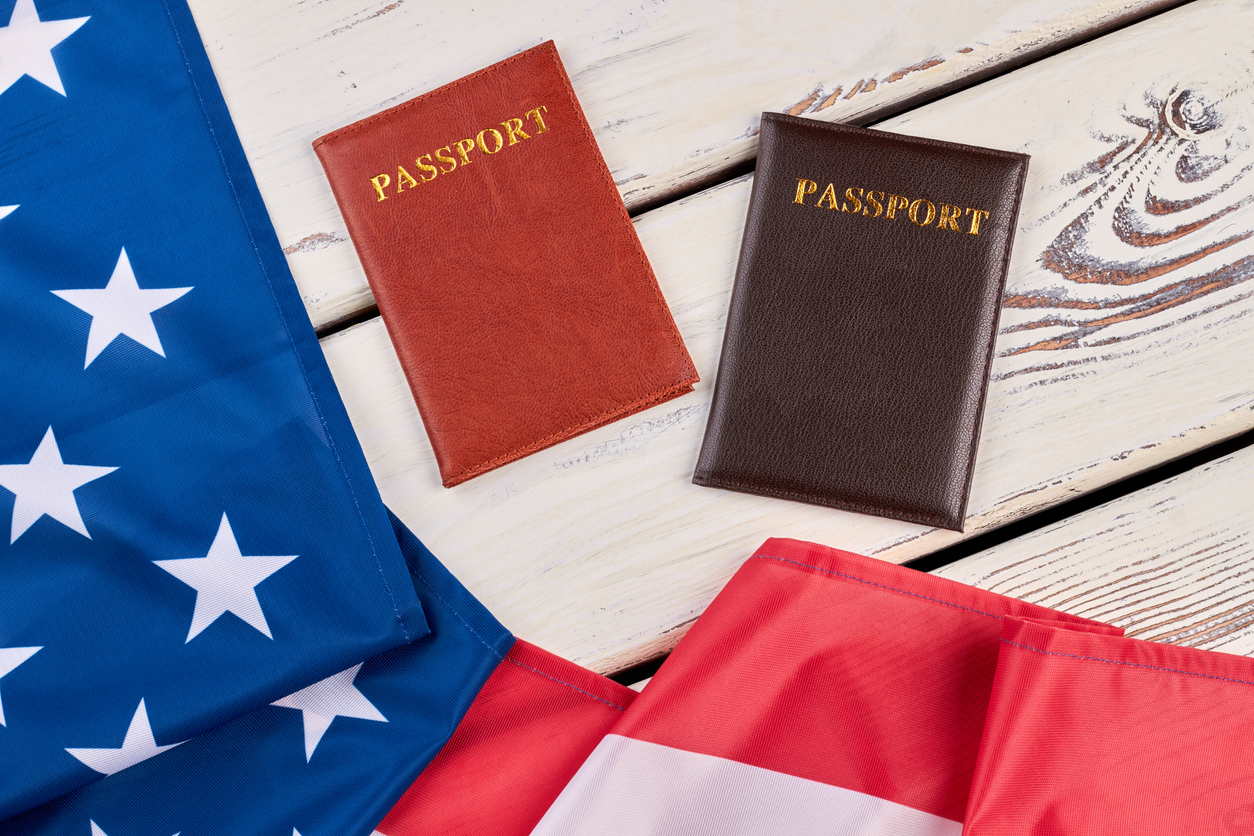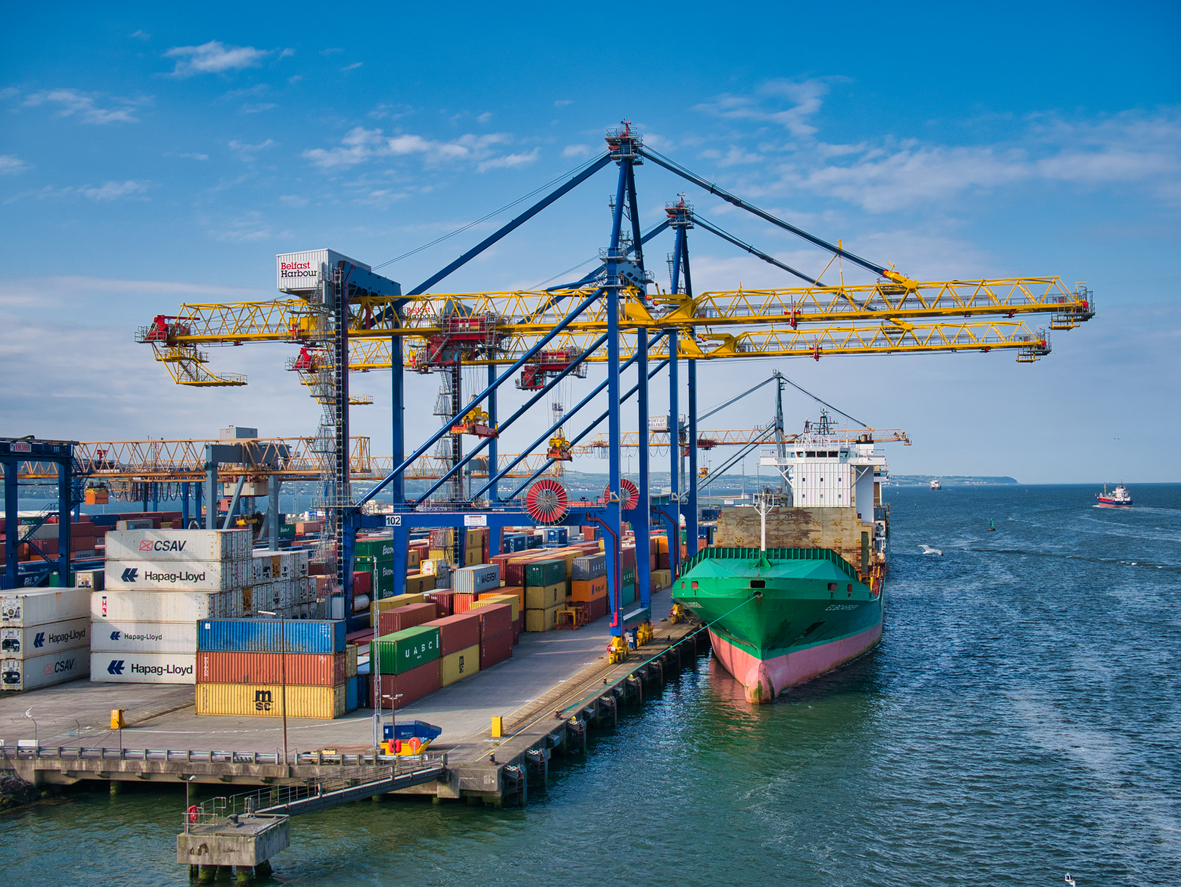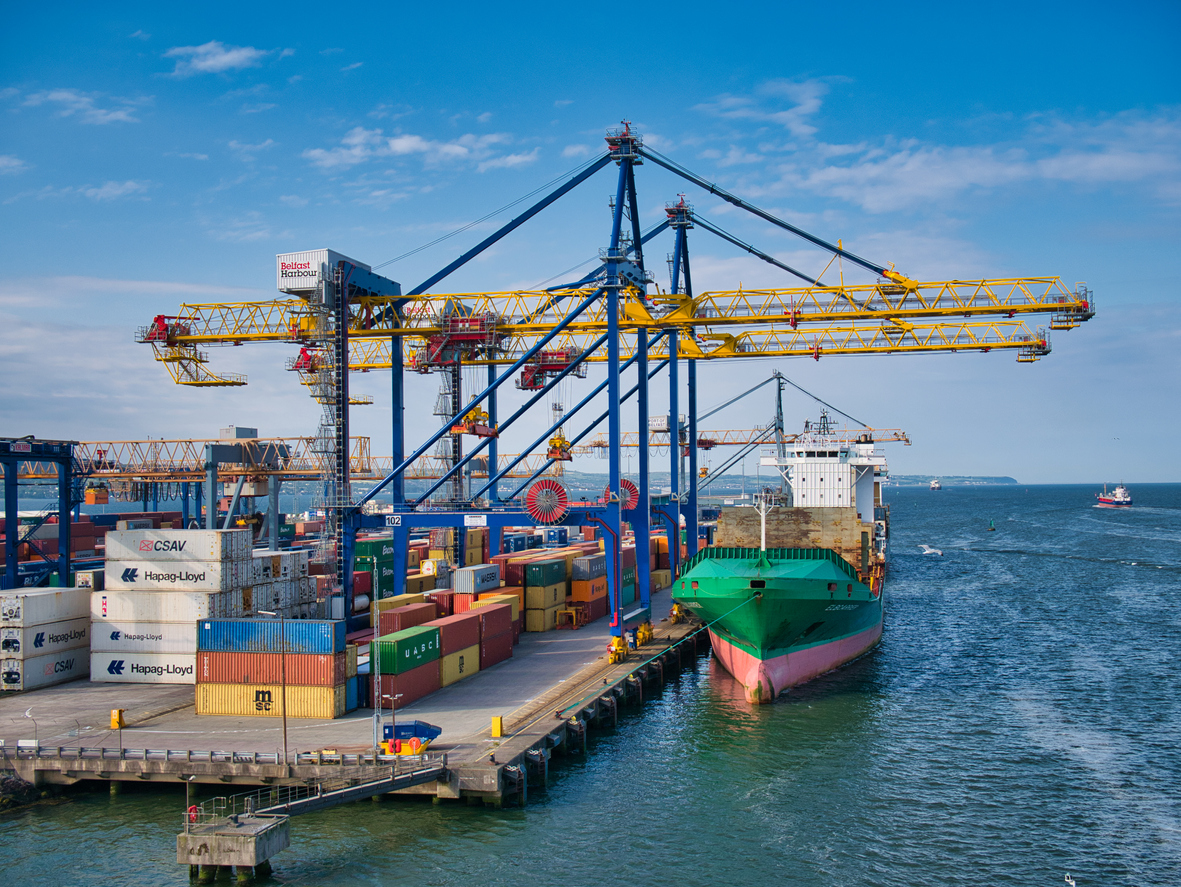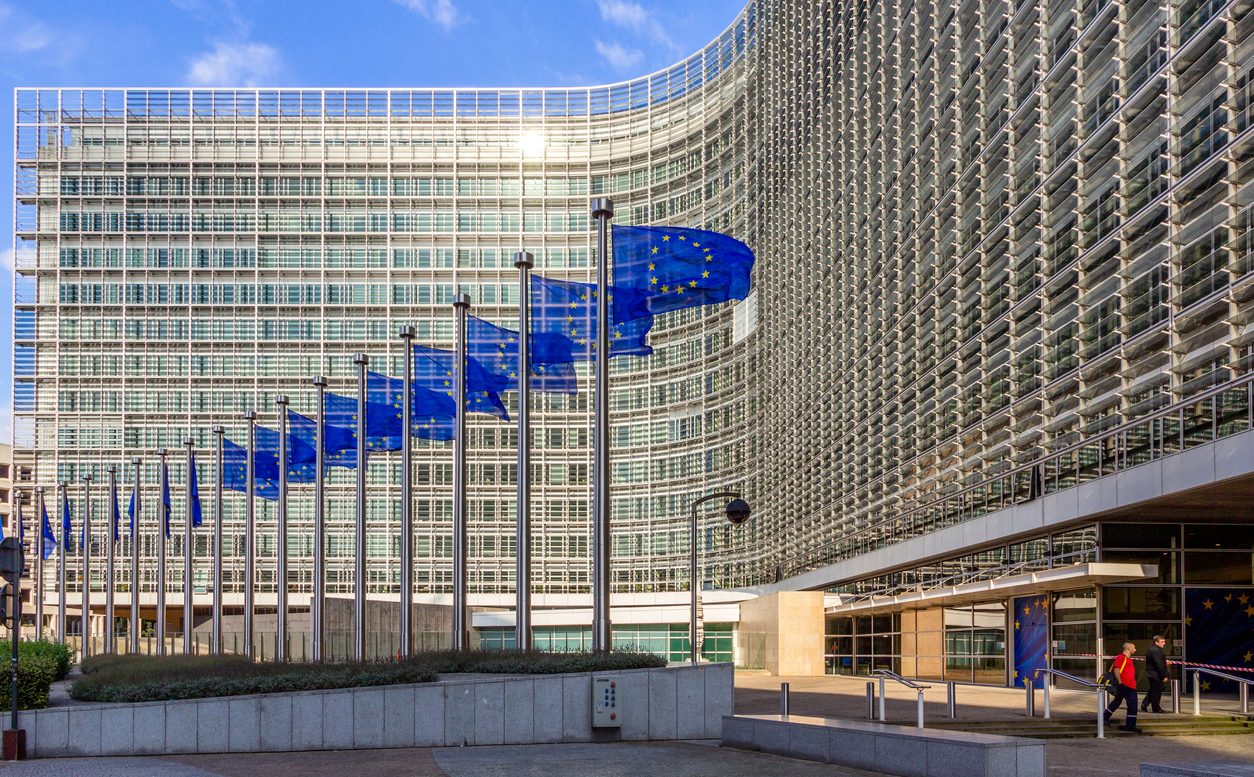A ground breaking global agreement to make it easier to trade across borders will enter into force following ratification by two-thirds of the World Trade Organisation (WTO) membership.
The first multilateral agreement successfully negotiated through the WTO, and now ratified by more than 110 countries, will come into force immediately and will see WTO members benefit from greater trade by cutting burdensome red tape associated with goods exporting.
Once fully implemented, the global economy could see a benefit of £70 billion.
International Trade Secretary, Dr. Liam Fox, said:
We have fully supported this historic agreement which will remove some of the barriers to cross-border trade and could benefit the UK economy by up to £1 billion. We will now work with other WTO members to ensure economies, both developed and developing, fully realise the benefits it will bring to their citizens.
The UK has long supported initiatives that will make trade across borders easier, but despite the work that has already been done on border controls until now goods have continued to be delayed at borders slowing trade flows and adding costs to business which in turn might be passed on to consumers. We welcome this WTO success story.
Over three-quarters of the WTO’s members are either developing or transitioning into market economies. The Trade Facilitation Agreement (TFA) will have the greatest impact for the economies of the world’s poorest nations - to sub-Saharan economies this could be upwards of $10billion per year.
As a result of the TFA, those countries that have ratified will be required to:
- publish fees and charges online
- introduce a ‘fast track’ for perishable goods – reducing the amount of food that rots while waiting to cross borders
- allow pre-arrival processing of documentation
- allow the use of copies of documents, rather than originals
- allow for the right to appeal customs decisions
By helping to improve transparency, predictability and consistency, the TFA should lead to reduced trade costs and create the environment for small and medium sized enterprises to play a greater role in the international supply chain.
Studies suggest the agreement – which largely concerns the cost of clearing goods for import and export – will greatly reduce costs, time and the number of documents required for goods to cross borders. They also suggest the TFA could add over £70 billion to the global economy, of which the UK is expected to benefit by up to £1 billion and could reduce worldwide trade costs by between 12.5% and 17.5%.
Negotiations on the Trade Facilitation Agreement were concluded at the WTO’s Bali Ministerial Conference in December 2013 and since then work has been under way to reach the two-thirds of WTO Members ratifications required for the TFA to come into force.
It has long been shown that trade lifts countries out of poverty and the UK will continue to work with developing countries to help them ratify and implement the agreement to ensure they benefit from reduced trade costs and waiting times.
(Source: Gov.UK)




















